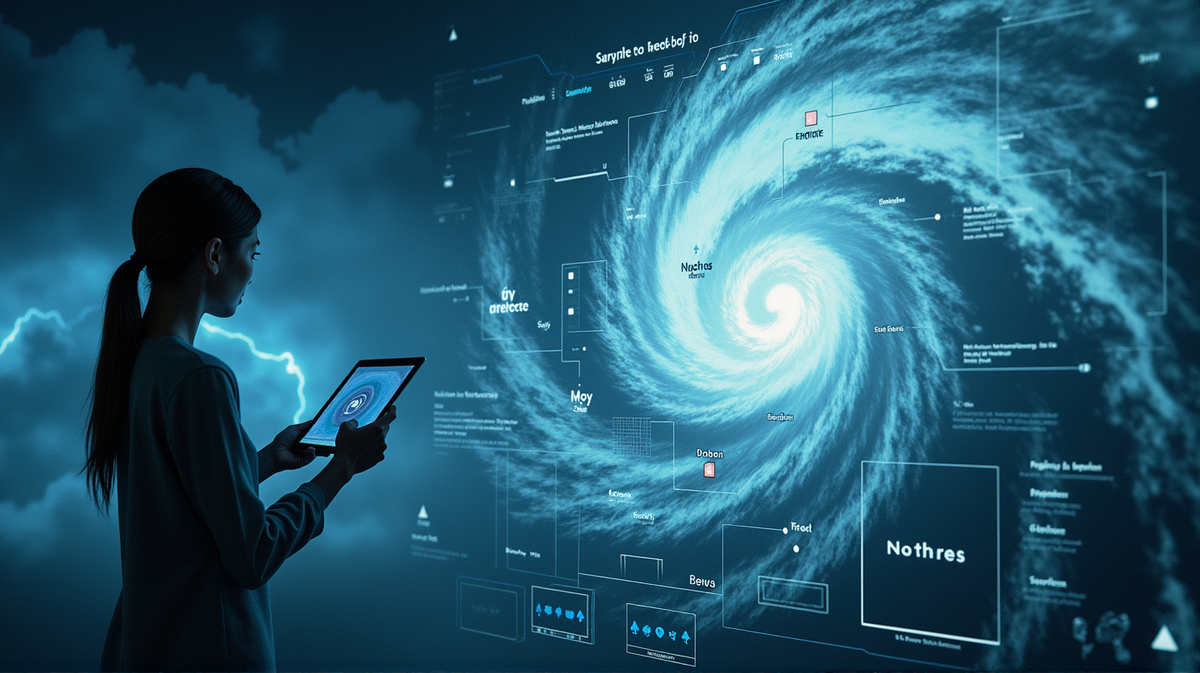Cracking the Code: Unveiling the Mysterious Technology Predicting the Next US Hurricane
A forecaster claims to predict Florida's hurricane landfall using cycles. Is his costly system reliable?

The potential to predict exactly where a hurricane might make landfall is a game-changer for coastal communities, insurance companies, and everyone in between. Long-range forecaster David Dilley claims to have cracked this very code, utilizing an intricate understanding of global weather cycles.
The Art of Forecasting
David Dilley, a veteran with experience in the National Weather Service and the Air Force, now heads Global Weather Oscillations. His unique forecasting technique hinges on graphing historical hurricane landfalls and discerning patterns from recurring global cycles. “I expect one hurricane to make landfall in Florida,” Dilley predicts, drawing from a sophisticated analysis spanning decades of data.
How It Works
According to Dilley, storms follow ancient, cyclical patterns, and Florida is divided into 13 separate forecast zones. Intriguingly, five of these zones are focused exclusively on the Sunshine State. His predictions aren’t merely educated guesses; they involve a fee of $350 per zone, hinting at both the precision and commercial value of his forecasts.
The Role of Climate Change
Amidst debates over accurate forecasting, Bob Bunting from the Climate Adaptation Center (CAC) argues for the inclusion of climate change impacts. Bunting proudly notes CAC’s record of delivering the world’s most accurate seasonal hurricane forecasts over the past two years. Though both forecasters aim to predict cataclysmic events, they differ fundamentally in methodology.
A Costly Gamble
Dilley’s exclusive predictions might not incorporate climate change, yet they serve as a lucrative tool for insurance giants like Citizens Insurance (albeit not used for rate setting). With an ever-growing demand for precise forecasts, insurance sectors utilize this data to strategize reinsurance purchases and navigate future risks.
The Controversial Question
Is Dilley’s approach the breakthrough we’ve been waiting for, or merely a costly gamble? While insurance companies find value in these predictions, time will tell if this method truly holds the power to predict the whims of hurricanes. According to WPTV, this technology remains both admired and scrutinized by professionals who vie for higher accuracy and reliability.
In a world where weather events determine economic outcomes and protect lives, forecasting remains both an art and a science wrestling to coexist harmoniously.





